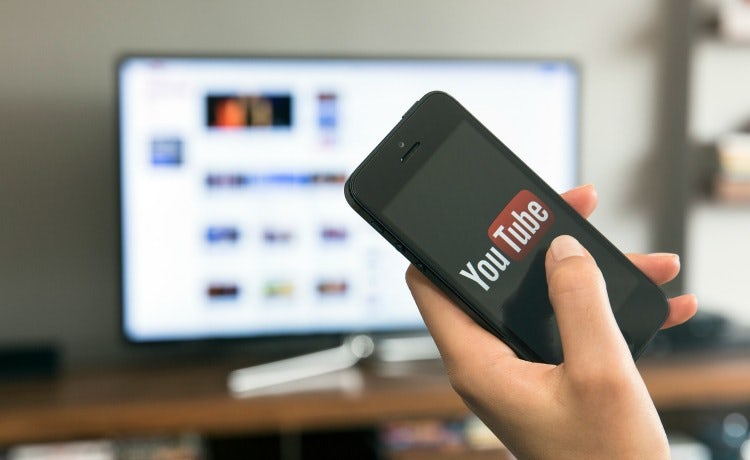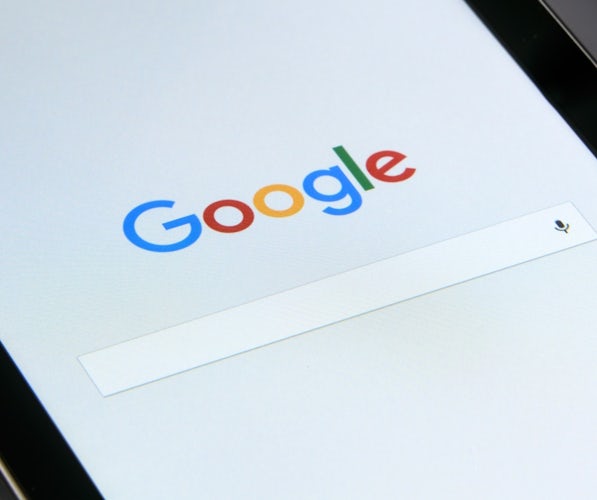International bulletin: Airbnb calls for marriage equality, Nivea, YouTube
Plus almost half of Americans don’t think brands are honest and Brazil looks to tackle racial inequality when it comes to stock photos.
Airbnb calls for marriage equality in new campaign
Airbnb has entered the same-sex marriage debate in Australia with a new campaign.
The video asks people to talk about the meaning of love they usually associate with rings. The ring at the heart of the campaign is broken, to symbolise the missing acceptance of marriage equality.
The campaign calls on people to wear the “acceptance ring,” which is available for free on the Airbnb website until same-sex marriage is legalised in Australia.
Same-sex marriage is currently a hot topic of debate in Australia, with Google and Procter & Gamble having joined the Australian Marriage Equality campaign.
In a statement, Airbnb CEO Brian Chesky says: “This is an opportunity for people to show their support for marriage equality – not just those within the LGBTQI+ community, but for anyone to make their support for a brother, sister, parent, friend or loved one known.”
READ MORE: Airbnb joined the same-sex marriage debate in Australia with its new ad campaign
Nivea pulls ‘White is Pure’ campaign after backlash
Best adverts of the week #wednesdaywisdom pic.twitter.com/012ctf3hym
— Black To Live (@BlackToLive) April 5, 2017
This week has been marked by a surprising number of ill-conceived ads. Besides Pepsi’s awkward attempt to adopt protest culture in its ad in a bid to sell more fizzy drinks, Nivea was also pulled up on its ‘White is Pure’ campaign.
The ad in question shows a woman with dark hair wearing white in a brightly lit room, alongside the words ‘White is Pure’. The ad triggered a huge backlash on social media, and Beiersdorf, the German company that owns Nivea, has since deleted the ad.
“We are deeply sorry to anyone who may take offense to this specific post,” the company says. “Diversity and equal opportunity are crucial values of Nivea.”
A Beiersdorf representative also told the New York Times the ad was part of a broader campaign for the deodorant in the Middle East that linked the color black with strength and white with purity. “We never intended to hurt anybody or to raise any wrong interpretation,” the representative explains.
READ MORE: Nivea Pulls ‘White Is Purity’ Ad After Online Uproar
Brazil looks to tackle racial inequality in search results

A campaign launched in Brazil this week to raise awareness of racial inequality when it comes to stock photos.
The #SearchForEquality campaign by charity Desabafo Social questions why it is necessary to include the word “black” to find pictures of black people in search results.
In Brazil, 54% of the population is black, which is why the campaign argues setting the standard as “white” is hugely misguided. It also shows that veiled racism still persists in Brazilian society.
The campaign is addressed to the largest image banks in the world, including Getty Images, Shutterstock, Depositphotos and iStock Photos, and urges them to change their algorithms.
Shutterstock and Depositphotos have since responded to the campaign, with both companies claiming they are working on the algorithm changes.
READ MORE: The dangers of images that reinforce stereotypes
Almost half of Americans think brands are not honest
A new report by McCann has confirmed what some marketers might have already feared – brands are losing trust among consumers.
Almost half (42%) of Americans find brands and companies less truthful today than 20 years ago. At the same time, 84% of respondents to the survey, conducted by McCann’s Truth Central unit, said they believe brands have the power to make the world better place. Some 48% said brands need a strong identity and clear role.
Steve Zaroff, chief strategy officer of McCann North America, said the original intent of the study was not to focus on politics but “the people in America would not let us” ignore it. Politics has “risen to the level of popular culture,” he said.
READ MORE: Hey, brands – Almost half of Americans don’t find you honest
Digital ad bookings in decline after YouTube boycott

Digital ad bookings in Australia have slumped for the first time in eight years after the YouTube crisis, which showed brand content placed next to inappropriate content.
Media agency bookings across digital declined by 1.7% to $135.3m (£108.24m) compared to February 2016, led by a 10.3% drop in video platforms ad bookings, according to Standard Media Index figures for February.
This coincides with the early phase of a global boycott of advertising on the video sharing platform due to brand safety fears first raised by The Times.
Although analysts have predicted the YouTube boycott would cost Google about $750m (£601m), this is the first attempt to put a figure on how much the scandal is impacting digital media budgets in this market.
READ MORE: YouTube boycott leads to first digital ad bookings slump in eight years – SMI
Diversity and inclusion is one of the categories at this year’s Marketing Week Masters of Marketing awards, taking place on 3 October. Entries are now open. To find out more visit www.festivalofmarketing.com/awards






